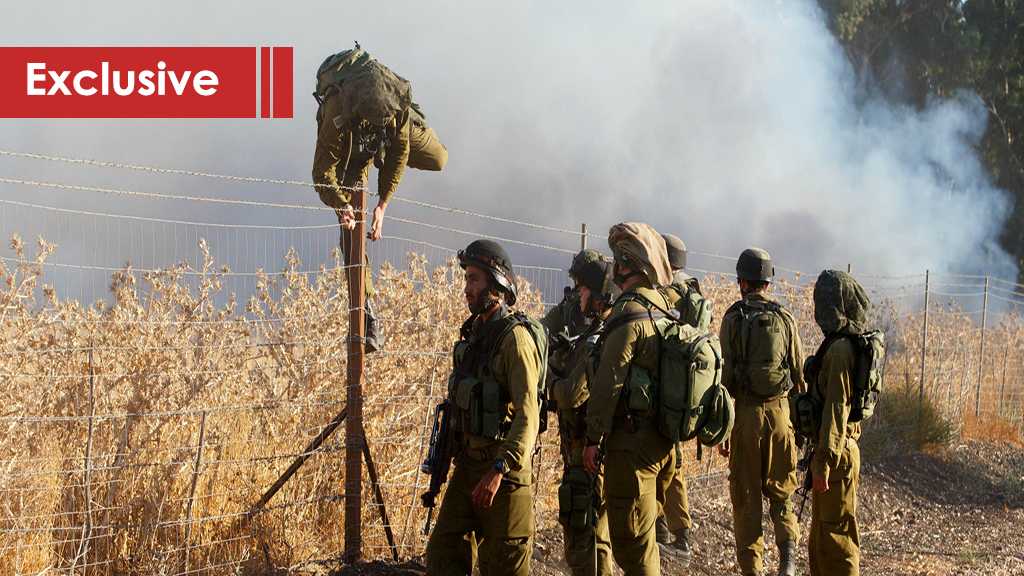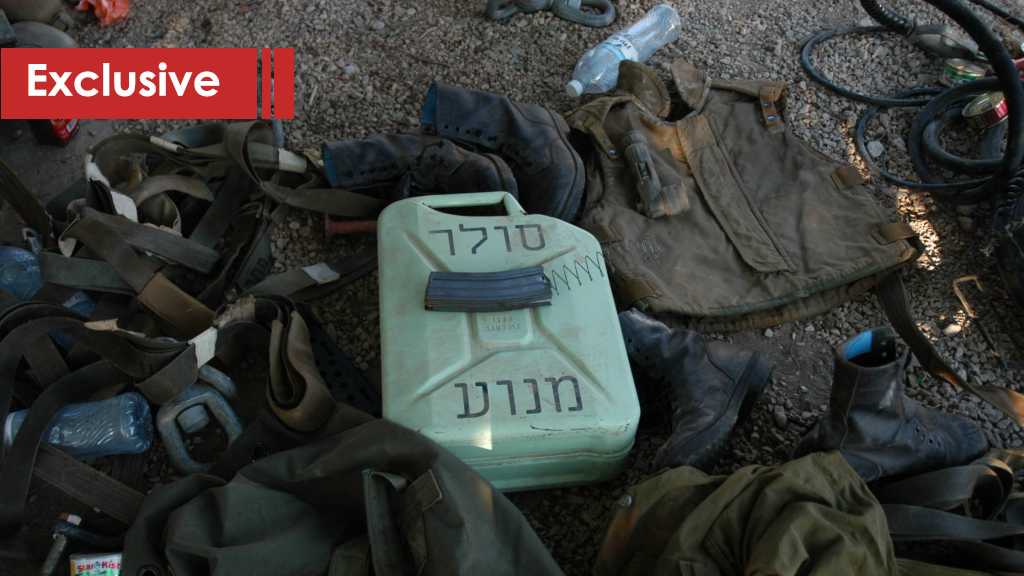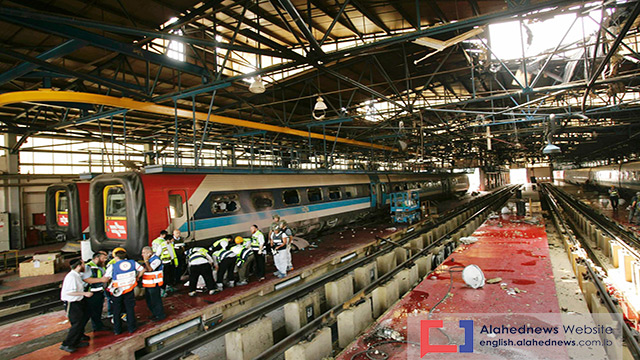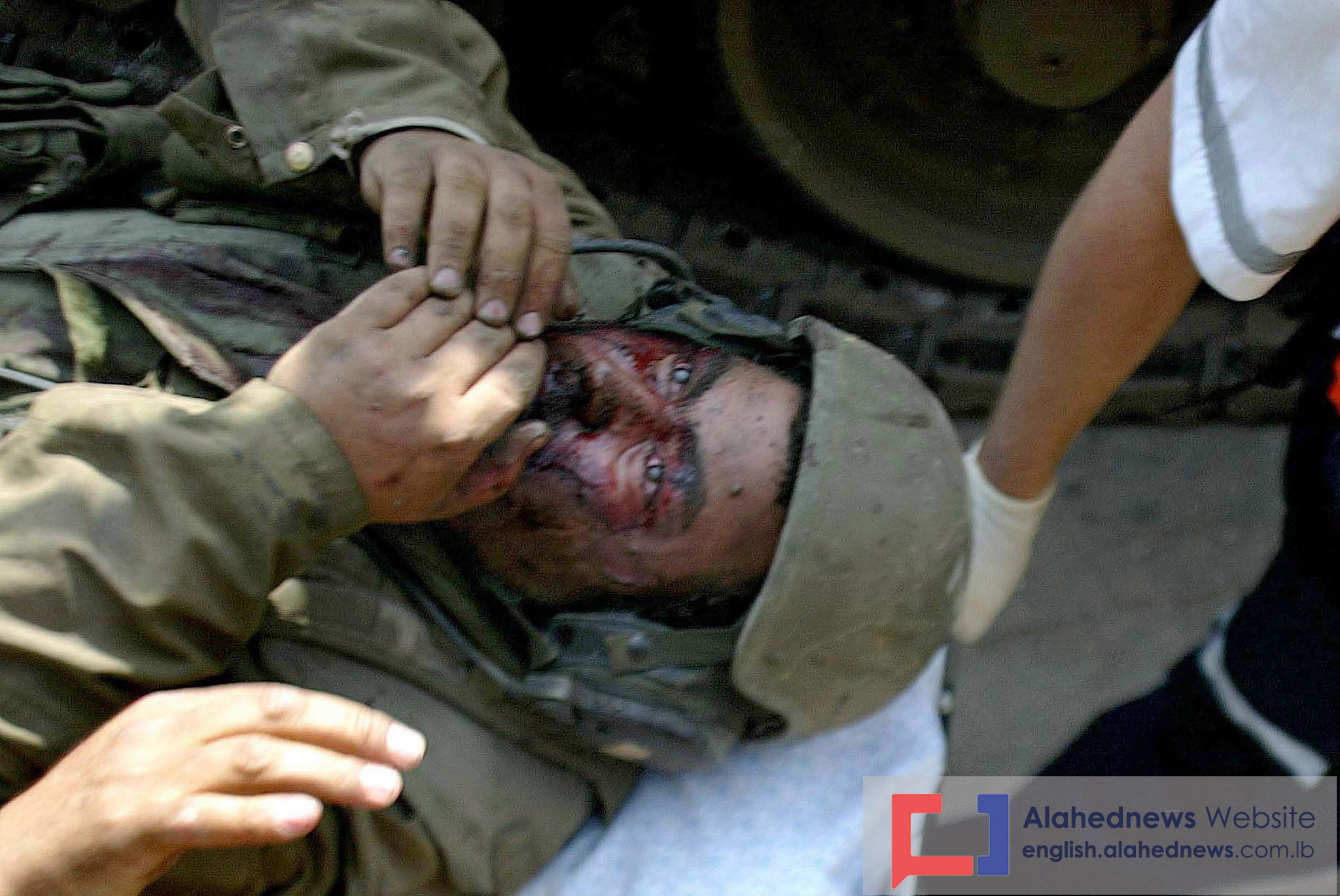July 11, 2018
Translation by Scott Humor from Russian version found here
Original interview
Q.: Mr. Minister, tensions between Russia and the United States are growing and raising concerns: are we on the threshold of a new Cold War?
Shoigu: We often hear from the US that the crisis in bilateral relations has been provoked by Russia’s alleged aggressive actions on the international arena. However, we are firmly convinced that tensions in our relations have been artificially fueled all this time by those American elites, who believe that the world is divided into the “American” part and the “wrong” part.
it was the United States that in recent years had unilaterally broke key agreements, which formed the backbone of the global security. Despite the promises that were given to the Soviet leadership during Germany’s reunification, Washington initiated eastward NATO expansion towards our borders.
For over 25 years they tried to fool us claiming that there have been no promises, until recently the National Security Agency declassified archives with the documents of that period, in which it has been set out literally and in personalities.
Because of NATO expansion to the East and accession to NATO countries of Eastern Europe: Poland, Hungary, the Czech Republic, Slovakia, and Romania, an agreement signed in 1990 between the Warsaw Treaty Organization and NATO called the Treaty on conventional armed forces in Europe, providing for the limitation of armaments in areas of contact between two blocks, de facto lost its meaning for Russia.
In 2002, under a pretext of a fictitious “danger” of a missile attack by Iran or North Korea, Washington unilaterally withdrew from the ABM Treaty and began deployment its radars and anti-missiles in the vicinity of our borders.
I, as president of the Russian Geographical Society, have for a long time wanted to present the US colleagues with a globe so that they would look at it and explain to us, why the ‘US adversaries’ designated by them are located in the Middle East and East Asia, while all their military bases and troops are scooched along Russia’s borders? Do they expect us to defend them?
The US party is currently preparing its withdrawal from the INF treaty. The reason for such step is alleged violations of the treaty by Russia.
Q: What kind of violations?
Shoigu: All we hear are some mumbles and baseless accusations directed at us. But there are no facts, only statements.
We have repeatedly and publicly made it clear in all major international fora that it is the United States that is directly violating the INF Treaty, having installed, during the deployment of a missile shield in Europe, its MK-41 vertical launching systems, which might be used to launch of Tomahawk cruise missiles. The destructive radius of these missiles covers almost all the European part of Russia’s territory.
In 2007 at the Munich Security Conference Russian President Vladimir Putin called on the leadership of the United States and other Western countries to respect Russia’s national interests and to build open and equal relationships. Unfortunately, very few in the West wanted to hear this call.
Q: In your opinion why is this happening?
Shoigu: Today recovering Russia is being viewed not as an ally but as a threat to the US dominance. We are being accused of some aggressive plans towards the West, which, in turn, continues to deploy new forces on our borders.
Among multiple examples of such unfriendly steps there is a decision made in June by NATO to establish two new commands, responsible for the protection of maritime communication and the operative deployment of the US troops to Europe. It’s also an increase of the alliance’s contingent troops in the Baltic states, Romania, Bulgaria and Poland from 2,000 to 15,000 troops with the possibility of rapid build-up of the group to 60,000 soldiers with armored vehicles. Starting with 2020, NATO intends to maintain 30 battalions, 30 air squadrons and 30 warships to be in constant readiness for use at the borders of Russia in 30 days.
All of these takes place directly at Russia’s Western borders. At the same time, the Americans are constantly violating international law, using military force in various regions of the world under the pretext of protecting their own interests.
This happened in April of this year in Syria, when on the territory of the sovereign and independent state, (the US) with the support of Britain and France carried out a massive missile attack. What took place was a gross violation of international law by three permanent members of the UN Security Council under fictitious pretext. And this is not an only example, but a trend.
Q: A trend?
Shoigu: Yes, we are talking about the neocolonial strategy, which has already been tested by the United States in Iraq and Libya and which consists in supporting any, even the most barbaric ideologies, in order to weaken legitimate governments. After that the United States stages attacks with the use of weapons of mass destruction or organizing humanitarian disasters and, at the final stages, uses military force to create “manageable chaos,” which enables the transnational corporations freely extract the existing assets and to funnel them into the US economy.
Russia, which advocates the equal and mutually beneficial cooperation with all the countries within the concept of the multipolar world, will always be an obstacle for such “strategies to be implemented.
Q.: Are there any red lines that cannot be crossed?
Shoigu: In this sense, our military doctrine is very clear, and its essence in prevention of any conflicts. Our official approaches to the use of military force are quite clear and fully disclosed.
Despite of my post, I am convinced that any issues can and should be settled without the use of military force.
I have repeatedly extended invitations to the Pentagon’s head to discuss the existing problems of the global and regional security, including the fight against terrorism. But the Americans are not ready for such dialogue, although, I am certain, that it’s in the best interest not only people in Russia and in the USA, but also in the rest of the world.
Right now, there is only one communication channel between our general staffs now, which is used in negotiations, including at the level of the chiefs of general staff, aimed, first of all, at preventing the military activities of Russia and the United States from turning into a military conflict between our nuclear powers.
Q.: But your country is being accused in carrying out the “hybrid wars” against the West.
Shoigu: In Russia we say that it’s a thief himself who screams the loudest “Hold the thief!” The term “hybrid actions” refers to various forms of pressure used by one state against another, but without an open use of military force. Such “wars” are known since ancient times, and they allowed the UK to prevail over the Ottoman Empire at the beginning of the last century. Who doesn’t know about the adventures of Lawrence of Arabia?
Today “hybrid wars” include control of media, economic sanctions, hacking activities in cyberspace, backing of internal unrests, finally, deployment of special units and specialists to carry out terror attacks, sabotage and diversion.
This list, perhaps, can be continued further, but there is one important detail. For its successful implementation this century, it is necessary to have global and all-pervasive media, possession of superiority in information and telecommunication technologies, a hold on global financial systems, as well as experience in the deployment and use of special forces in other countries.
Q.: What countries, other than the United States and the United Kingdom, have this kind of potential?
Shoigu: These methods were successfully tested by London and Washington during the invasion of Iraq in 1991 immediately after the end of the “cold war.”
This is an important detail, because these technologies existed when the Soviet Union and a bipolar world existed, but there were no opportune conditions. And, by the way, the US president at the time [of the Gulf War] was none other than George H. W. Bush, former director of the CIA.
Since the 1990s, these methods have been actively used by the United States in former Yugoslavia, Libya, [Russia’s] Chechen Republic and, most recently, in Syria. All the signs of the “hybrid war” were apparent in Ukraine ahead of the armed rebellion in February 2014, with the European countries’ passive participation in these “hybrid actions.”
Today, everyone pretends to forget how on the eve of the coup (in Kiev) three foreign ministers of Germany, France and Poland personally guaranteed to the legitimate President of Ukraine Viktor Yanukovych a peaceful settlement of the political crisis, if he does not impose a state of emergency and withdraws all units of the security forces from Kiev. But immediately after the implementation of these obligations, nationalist militants, armed and trained with American and European money, staged a coup, and Europe immediately recognized them as legitimate power.
Accusations of Russia (in hybrid actions) began to appear in the American and British media after an unsuccessful attempt to stage this scenario in Crimea.
Q.: Really?
Shoigu: We simply did not give to our overseas colleagues an opportunity to put these measures into practice in Crimea, where, on the contrary, a referendum was held, during which residents freely and, by the way, in the presence of hundreds of representatives of the same American media, voted to withdraw from Ukraine and reunite with Russia. In comparison, after the dismemberment of the former Yugoslavia because of the NATO intervention, Kosovo did not hold any general referendums, but achieved immediate recognition of independence by Washington and Europe after the routine parliamentary vote. It was done absolutely ignoring opinion of the Serbs living in Kosovo and the Yugoslavia’s Constitution.
Q.: The issue of Syria will be central during the meeting of presidents Vladimir Putin and Donald Trump. What’s your idea of the US strategy in the Syrian conflict?
Shoigu: Since US lawmakers and experts have been calling on the US government to clarify its strategy for Syria, our country is not the only one who does not get it.
In recent years during the continuation of this war, illegal from the point of international law, and even according to the US constitution, the official explanations for the presence of the US military contingent in Syria have been constantly changing.
I would like to recall that initially it was about defeating the ISIL, then about preventing re-emergence of the ISIL and now statements are being made about need to preserve military presence in Syria in order to deter alleged influence of Iran.
Therefore, it is hard to shake off the impression that the United States’ chief objective in Syria is to prevent the situation from stabilizing, to prolong the conflict and undermine the country’s territorial integrity by creating enclaves not controlled by the government on Syria’s borders.
In the areas controlled by the United States for years they have been training militants, who are actively fighting with the Syrian government army and receiving supplies of weapons and ammunition.
In addition, it’s not superfluous to recall that during the struggle of the US-led international coalition against ISIS, the territory controlled by terrorists only increased. Civilization and secular governance persisted only in a few pockets: in Damascus, the province of Latakia and partly in Deir ez-Zor.
At the same time, while declaring its ‘noble’ objectives and ‘good’ will in recent years, the United States has not allocated one cent of aid to provide real assistance to Syrian civilians devastated by long years of war. This applies even to the liberated by the United States and the coalition former capital of ISIS Raqqa, where munition and mortars left after massive bombardments by the “international coalition” still kill local residents. Every week, dozens of people are being killed, including children.
On the other hand, not a single incident involving civilians has been recorded after the Syrian troops’ operations to liberate various regions and localities. Demining activities took place there, people received food and construction materials they needed to resume a peaceful life as soon as possible.
If there is some basis for our American counterparts’ actions in Syria, it is too contradictory to be called a “strategy.”
Q.: Another obstacle to the stabilization of Syria is the rivalry between Iran and Israel…
Shoigu: Iran, like Turkey, historically has been one of the main actors in the region and plays a key role in stabilization of the situation in the Syrian Arab Republic.
As you know, Iran, together with Russia and Turkey, is one of the guarantors of the Astana process aimed at finding an agreement for the final settlement of Syrian conflict.
Regarding the tensions between Iran and Israel or other countries, our position is that we are committed to resolving possible differences and contradictions through dialogue, not through military force and violation of international law.
Use of military force by any of these parties in Syria would inevitably lead to an escalation of tension throughout the Middle East. In that regard, we are committed to the peaceful and diplomatic settlement of any differences and we hope that both sides will be able to show restraint.
Q.: Don’t you think that a possibility of supplying S-300 systems to Damascus represents an additional risk factor?
Shoigu: I would like to note that the S-300 system is a complex of purely defensive weapons. Therefore, it cannot pose a direct threat to anyone’s national security.
This anti-aircraft missile system can only be a threat to air attack vehicles. Besides, the decision to supply this model of arms to the army of any foreign state is made based on the appropriate request, which has not been made, yet.
Thus, it is premature to talk about this specifically. At the request of some of our Western partners, as well as Israel, a few years ago, we refrained from delivering these complexes to Syria. Today, after the aggression of the United States, Britain and France against Syria, which has demonstrated the need for the Syrians to have modern air defense, we are ready to revisit this issue.
Q.: From the war in Syria to the trade war. If the level of relations with Washington has reached a historical minimum, the relations with China are increasingly strengthening…
Shoigu: Of course, the tension in international relations has contributed to the strengthening of Russian-Chinese relations, which are based on mutual respect and trust. Russia and China have long-term friendly and strategic relations, and cooperation is developing in many areas, including through military agencies, which is in the interests of both states.
Examples of our cooperation include conducted on a bilateral basis joint operational training of the armed forces of our states, including the annual naval drill Sea Cooperation, and a large-scale joint Russian-Chinese naval and an annual series of joint anti-ballistic missile air defense exercises called Aerospace Security.
We conduct multinational military exercises of armies and fleets of the member countries of the Shanghai Cooperation Organization (SCO) the military exercise the Peace Mission. In addition, the Chinese representatives participate in annual competition of the Russia’s Defense Ministry called the International Army Games. Today, about 12% of Russian weapons are exported to China.
At the same time, our joint activities in this area, in contrast to the exercises conducted by NATO and the EU in Europe, are exclusively defensive in nature. Our military partnerships are not directed against any other countries or blocs and serve exclusively to strengthen global and regional security.
Q.: What do you think about the development of the situation in North Korea?
Shoigu: Russia and North Korea have signed a number of agreements in the field of military-technical cooperation, the implementation of which is currently suspended in the framework of the Russian Federation’s implementation of UN Security Council resolutions 1718 and 1874.
We are now witnessing a significant reduction in tensions between the North and the South of the Korean Peninsula. We believe that this positive trend is stable and irreversible.
Q.: If we return to Ukraine: do you think it will be possible to find a solution to the current conflict in the South-East of the country?
Shoigu: Only unconditional implementation by Kiev of the Minsk Agreements will allow to exclude emergence of the situation capable to lead to genocide of the Russian population. Unfortunately, Kiev is stubbornly refuses to comply with the agreement, finding various flimsy excuses and making unfounded accusatory statements against Russia.
At the same time, Kiev has been rejecting the very possibility of dialogue with Donetsk and Lugansk, without which the settlement of this crisis is simply impossible. Of course, our country responds to these developments, constantly calling on Kiev to implement the package of measures that was agreed in Minsk
We hope that the European countries, first and foremost, members of the “Normandy” format, [which includes Germany, France, Russia and Ukraine] will be able to use all their influence on the Ukrainian authorities to reach a peaceful settlement of this internal conflict in southeastern Ukraine.
I believe that a direct confrontation between Ukraine and Russia is impossible. We have common roots, for centuries we have been enduring hardships together and we fought side by side for our freedom and independence during the Second World War. My mother’s family members used to live in Ukraine, I was baptized in a small church in Stakhanov, a town located in Ukraine’s Lugansk region. I am confident that there will never be a place for confrontation or hostility between us, given our common history.
————–
Scott Humor,
the Director of Research and Development
The War on Donbass, which is called by the Western politicians and media the “Russian aggression in Ukraine” was a staged psyop.
My illustrated investigation titled Pokémon in Ukraine reveals how this psyop was staged, by whom and why.





















